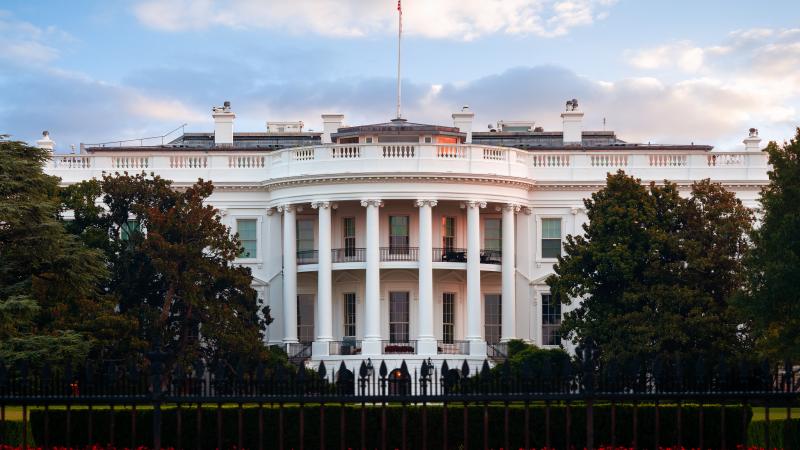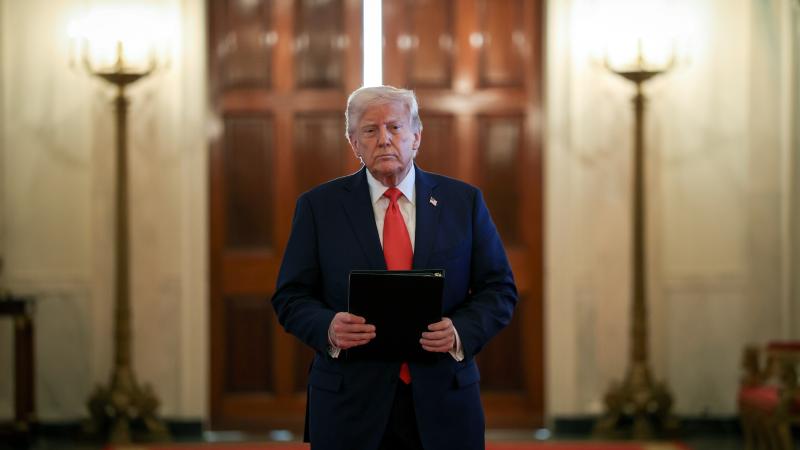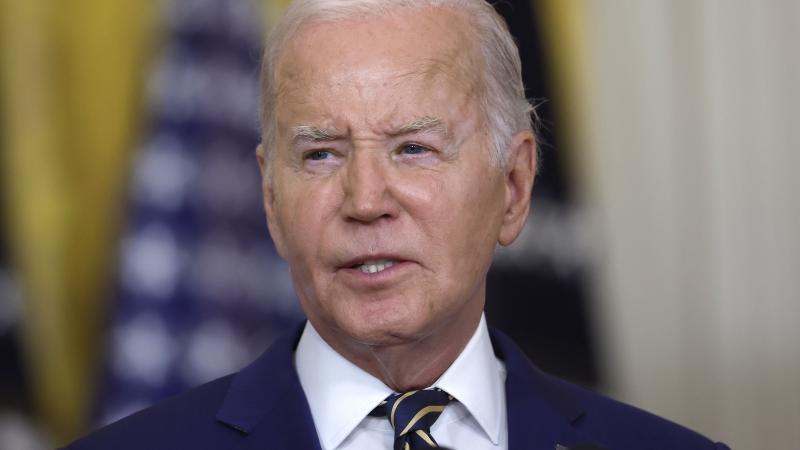China again weaponizes control over rare earths to advance interests, as U.S. looks to break free
China regularly leverages its control over the rare earth market to shut down competition or advance its interests in disputes with the U.S. Each action increases the interest in developing domestic sources of the vital minerals.
China has implemented an export ban on several rare-earth minerals, the latest volley in the country's ongoing trade war with the U.S. The Communist Party-led country produces about 90% of the world’s rare-earth minerals, which are used in a range of electronics, electric vehicles, wind turbines, solar panels and, perhaps most importantly, defense applications.
According to the Brookings Institution, China controls 60% of the global production of the 17 minerals classified as rare earths, and it holds 85% of the world’s processing power. The country's ban Friday is not the first time China has used its dominance of these vital minerals as leverage over the U.S. Last December, China banned the export of gallium, germanium and antimony in response to the Biden administration’s crackdown on China’s semiconductor industry.
Joshua Ballard, CEO of USA Rare Earth, told Just the News that to stifle competition from companies looking to develop rare earth resources independent of China, the country will flood the market or produce a mineral so cheap it’s no longer economical for their competitors. Other experts have made the same claim.
“We have to make a strategic decision about how we're going to support the economic viability of mines here in the U.S.,” Ballard said.
Securing sources
China’s latest export ban applies to samarium, gadolinium, terbium, dysprosium, lutetium, scandium and yttrium, Reuters reported, and the ban includes magnets and other finished products. It comes after President Donald Trump imposed a 145% tariff on Chinese goods, though he later exempted phones, computers and chips.
Since taking office, Trump has had a strong interest in developing rare earth sources outside of China. He tried to secure a rare earths deal last month with Ukrainian President Volodymyr Zelensky, and he’s taken a keen interest in Greenland, which has potential sources of critical minerals.
Trump also signed an executive order last month that aims to secure domestic production of these minerals. The order invokes the Defense Production Act, which grants the president a wide range of authorities to influence the domestic industrial base in the interest of national security. Among other things, the order also expedites federal permitting for mineral production projects, and it empowers agencies to use un-allocated funds to facilitate domestic mineral production.
Challenging economics
Getting there, however, would take more than an executive order. Ballard explains that developing a mine begins with a lot of engineering to develop a flow sheet that outlines how the ore will be mined and processed. Then there’s a pre-feasibility study, which is done by an outside group to objectively determine the economics of the mine. Next is a demonstration plant, which proves the flow sheet before the project is scaled up to full production. A more detailed feasibility study is then engineered, and finally the mine gets built.
Ballard said he’s confident USA Rare Earth can get through the flow sheet and pre-feasibility study. The challenge, which he said applies to all mines in the U.S., is that it’s very hard to mine economically in America, especially when China can influence the global market price.
The processing technology is also a challenge. Each deposit, Ballard explained, has a different composition of minerals, requiring different technologies to access the rare earths or whatever mineral the company is trying to mine. There’s currently one rare earth mining operation in the U.S., the Mountain Pass Mine in California, about 50 miles southwest of Las Vegas. It includes a processing facility. With such a small industry in America, Ballard said, the U.S. lacks a wide pool of technical expertise in rare earth processing from which to draw.
USA Rare Earth is developing a processing demonstration about 85 miles southeast of El Paso, Texas. The company has been working on it for three years, and Ballard said they expect to have a demonstration plant in the next couple of years.
“We're moving pretty quick now, but it took us a couple of years of walking around in the dark. Then we hit pay dirt, and things are starting to move a little faster,” Ballard said.
Federal support
However, establishing a new industry is a high-risk venture, Ballard said. Typically, companies want a 20% return on a mine, but with the economics of mining in the U.S., Ballard said they might get 5% or 10%. Ultimately, to bring this new industry to fruition, he said, will take federal support.
“The government can help shore it up. We can look at ways that we can either create stable pricing or somehow leverage so we bring down operating costs. It's going to take us a few years to get all this worked out. How do we create that scenario where you don't walk away from a deposit like ours, which basically solves the export control problem, at least here in the U.S.?” Ballard asked.
David Hammond, a mineral economist with decades of experience as a mining consultant, told Just the News that it’s unlikely many of these minerals will ever be mined economically in the U.S. He proposed the federal government fund a guaranteed buying price. That would ensure that, regardless of anything China does, mining companies in the U.S. would have a market for their product. This would make attracting investors much easier.
Such a program wouldn’t require a lot of funding due to the small quantities needed to satisfy domestic demand. For example, in 2022, Hammond said, the U.S. consumed 25,000 tons of antimony, representing 25% of global usage. That would fit on a single Panamax bulk carrier shipping freighter.
There are also permitting and legal challenges, on top of the engineering challenges, that make the timelines for developing new mines 10 to 20 years. But if the economics worked out, experts say, the U.S. could break free from Chinese control of the market.
“We should all be thinking about: How do we stand up this industry? This stuff is really important for all of us, and for our defense. We need to figure it out,” Ballard said.
The Facts Inside Our Reporter's Notebook
Links
- used in a range of electronics
- According to the Brookingâs Institute
- China banned the export of gallium
- USA Rare Earth
- experts have made the same claim
- Reuters reported
- later exempted phones, computers and chips
- secure a rare earths deal last month
- keen interest in Greenland
- signed an executive order
- Defense Production Act
- Mountain Pass Mine
- David Hammond
- single Panamax bulk carrier
- developing new mines 10 to 20 years














